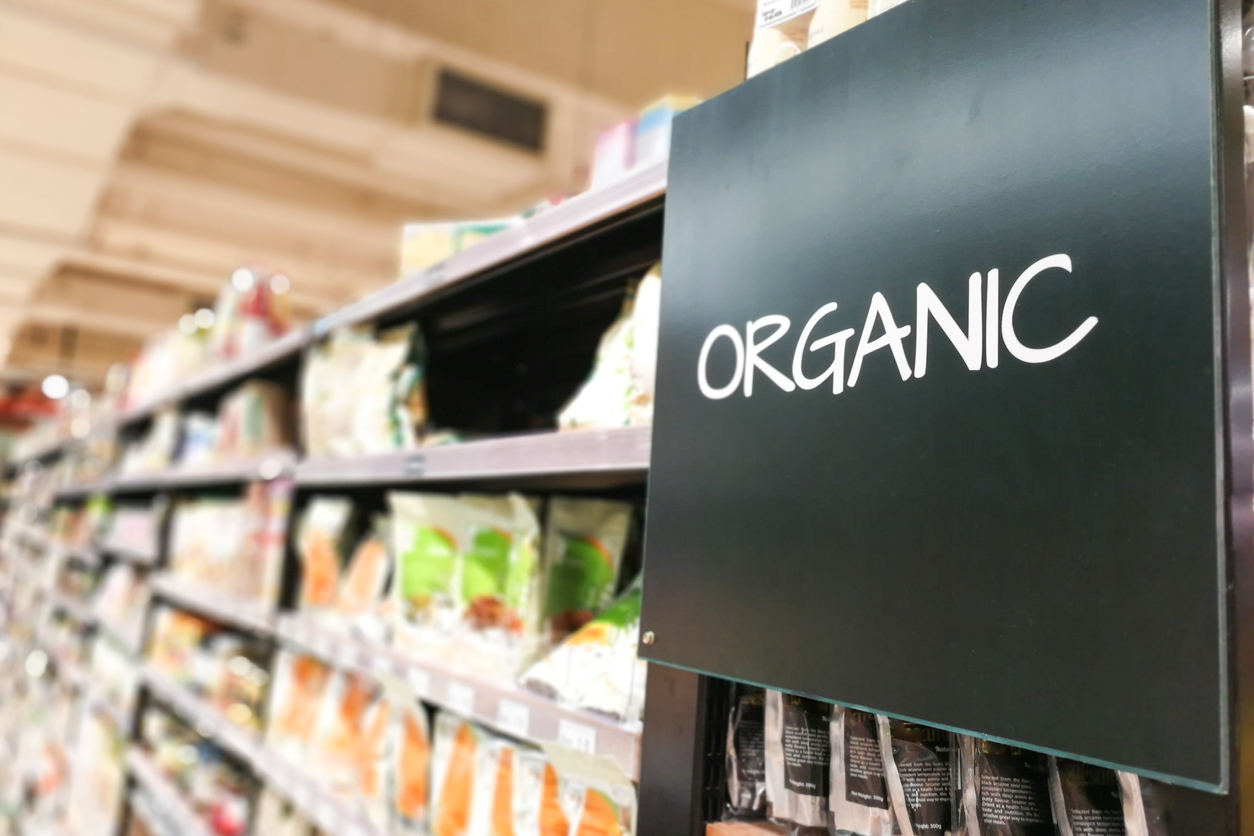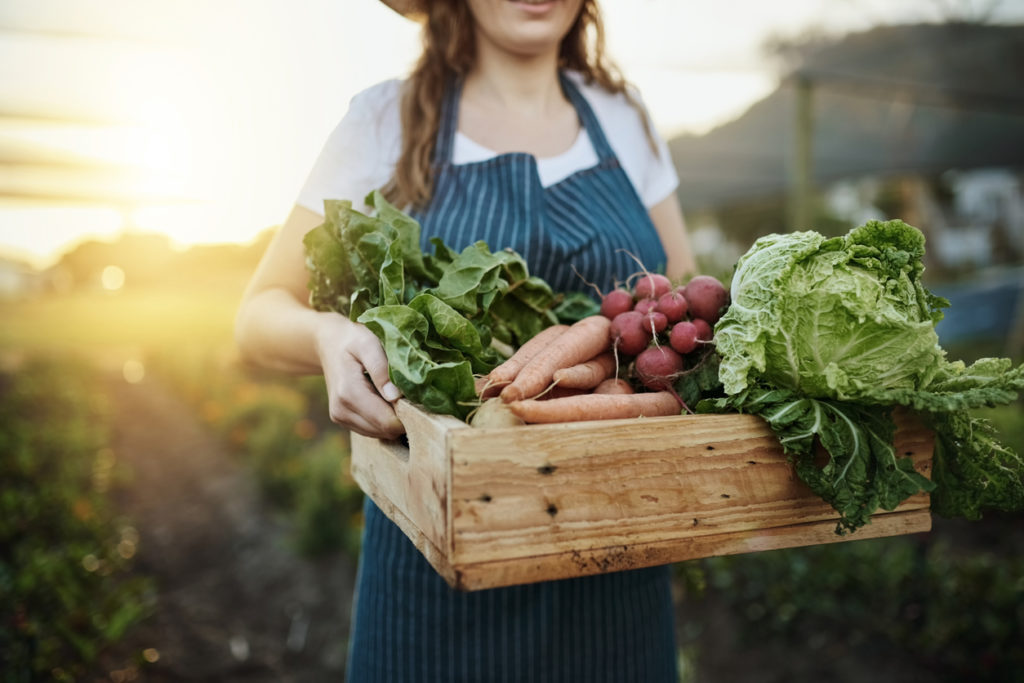
Organic food companies are more abundant than ever, and organic stickers seem to be everywhere these days, from apples to mac and cheese. They’re meant to signify that the product is created with higher standards, but do we really know what those standards are? And are they as substantial as we hope? In this article, we’ll delve into the world of organic labels, their history, meanings, and whether they truly make a difference. Join us on this journey as we uncover the truth behind organic certifications.
The Complicated World of Organic Food Companies and Certifications

You may be wondering why organic labels even exist. Well, let’s take a step back in time to the 1990s when farmers in the United States sought to challenge the industrial farming complex, before most organic food companies even existed. This complex relied heavily on pesticides and antibiotics, which raised concerns about the impact on both our health and the environment. The organic food movement emerged as a response to these issues, aiming to promote more sustainable and ethical practices in agriculture.
In 2002, the USDA introduced the organic label as a standardized system for certifying organic products. However, it’s important to note that organic certifications vary across countries. For the purpose of this article, we’ll focus primarily on the USDA organic label, which sets criteria for different labeling classes: 100% organic, organic, made with organic ingredients, and specific organic ingredients.
In today’s consumer-driven market, grocery store aisles are flooded with an overwhelming number of choices. Certifications and labels become our guiding lights, helping us navigate through the chaos. But here’s the catch: deciphering what these labels mean is no easy task. Some certifications hold genuine value, while others are merely marketing gimmicks.
While the organic label signifies that a product is made with a certain percentage of natural ingredients and follows specific production practices, it doesn’t guarantee a complete absence of pesticides. Organic crops are restricted in the types of substances they can use, aiming for lower pesticide exposure. However, small amounts of pesticide residue may still be present. Ultimately, organic food offers a lower potential for exposure, but the debate regarding the health risks of pesticide residues is ongoing.
Beyond Nutritional Differences: Ethical Considerations, Farming, and Prices

Buying organic from organic food companies doesn’t necessarily mean that workers are treated better or that ethical practices are in place. Recent studies indicate that working conditions on organic farms can be equally challenging due to the more labor-intensive nature of organic farming. While organic farming prioritizes biodiversity and soil quality, it still falls short of addressing worker protections comprehensively. Therefore, if you’re buying organic for ethical reasons, it’s important to recognize that the label alone doesn’t guarantee fair treatment for workers.
Reducing pesticide usage and intensity is generally better for biodiversity, soil quality, and pollution levels. However, organic farming, on a large scale, faces challenges in terms of efficiency. Industrial agriculture has managed to produce vast amounts of food through genetic modifications and intensive processes. Organic farming, with its limitations, struggles to match this level of productivity. As the global population continues to rise, finding a balance between organic practices and meeting demand becomes a complex issue.
Why does organic food cost more? The answer lies in demand and production costs. The global organic food market is growing rapidly, and consumers are willing to pay higher prices for food they feel good about. However, organic farming requires more resources, such as land and labor, which increases production costs. Furthermore, obtaining organic certification itself comes with a financial burden. These factors contribute to the higher price of organic products compared to their conventional counterparts.
Amidst the complex world of organic food companies, certifications, and labels, there is hope on the horizon. A renaissance of pre-colonial indigenous and nature-centered food production is taking place globally. Communities are reclaiming traditional farming practices that prioritize sustainability and local resilience. Additionally, technological advancements, such as vertical farming, offer innovative solutions for producing nutritious food in urban environments. Embracing these disruptive systems and supporting local food sources can ensure a healthier and more sustainable future.
Navigating the Organic Food Companies and the Organic Landscape
Decoding the world of organic labels can be overwhelming. While the USDA organic certification sets certain standards, it’s crucial to remember that it’s just one piece of the puzzle. Understanding the complexities, limitations, and potential environmental and ethical implications is essential for making informed food choices. Seek out local, sustainable options, engage with your community, and support initiatives that prioritize both human and environmental well-being. Together, we can create a better food system for ourselves and future generations.
For more insight into the world of successful retail food businesses, check out this article on the history of Kroger.
